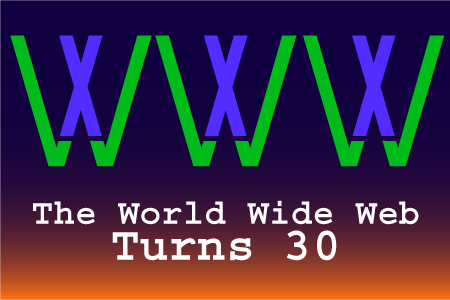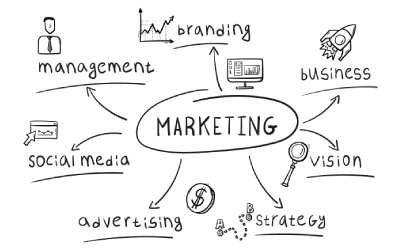The world wide web is 30 years old. Sir Tim Berners-Lee, the father of the web has written: “The web has become a public square, a library, a doctor’s office, a shop, a school, a design studio, an office, a cinema, a bank, and so much more.” It is seemingly everywhere, like air. But unlike air it is not available to everyone.
After 30 years, half of the world’s people are on the internet, while half are not. Whether by choice or circumstance, this condition needs to be rectified. The potential benefits to humankind are many; the spread of knowledge, improved global health, economic opportunity, and more. Last year, the Pew Research Center aggregated statistics on internet use along various parameters, including by age, race, gender, income, education, and community.
Should Direct Mailers Celebrate?
For direct mail marketers the internet has unlocked opportunity as both a pathway and a destination:
- Enabled by scannable technologies such as QR codes, physical mail pieces can become gateways to online shopping and information experiences.
- Email continues to be an efficient, cost effective channel for prospecting and customer retention. Messages easily direct recipients to e-commerce websites or online publications.
- SMS messages are on the rise for alerting recipients to events and promotions.
- Without the world wide web, there would be no social media. No Facebook, Twitter, Instagram, LinkedIn, and all the rest.
The widespread and rapid growth of internet use has not been without problems. One of the issues Berners-Lee raises is “System design that creates perverse incentives where user value is sacrificed, such as ad-based revenue models that commercially reward clickbait and the viral spread of misinformation.” He points out that “Companies must do more to ensure their pursuit of short-term profit is not at the expense of human rights, democracy, scientific fact or public safety.” In a bottom line oriented and highly competitive environment these are formidable challenges.
Among the more notable characteristics of the world wide web movement is the promotion of free speech.
The origins of the Free Speech Movement can be traced to a gathering of civil rights and free speech activists at Berkeley in the early 1960s. Among those activists was one Jack Weinberg, who suggested that name for the movement.
Free speech is of course a double edged sword. Recent events around the world have shown the power of disinformation and hate speech to sow discord and promote violence. Broad stroke censorship is a slippery slope. Allowing the darker side of human nature to be squelched in the public square seems insufficient. The path to a code of web discourse grounded in truth and decency is currently hacking through the undergrowth.
In an interview with the San Francisco Chronicle in 1964. On November 15, 1964, the Chronicle printed the story, quoting Weinberg as saying “We have a saying in the movement that you can’t trust anybody over 30.” (wikipedia)
Does the Web at 30 deserve the same fate? Berners-Lee has proposed a process he has called Contract for the Web, which aims to enlist global support for the creation and adoption of a set of guiding principles that will grow the web for all and for good.
What’s Next?
Information technology is always a work in progress. First, speech was preserved in pictographs and then writing. Written information became more portable when it migrated from stone or clay tablets to paper. It became more distributable when hand copying gave way – via movable type – to publishing. And now it has become ubiquitous, perhaps permanent, with the rise of integrated electronic publication and distribution. Who knows what the next 30 years will bring?




